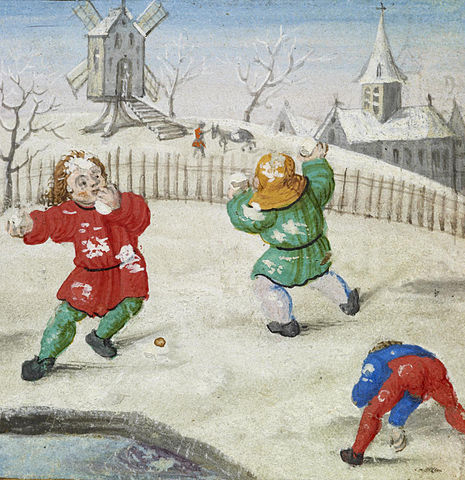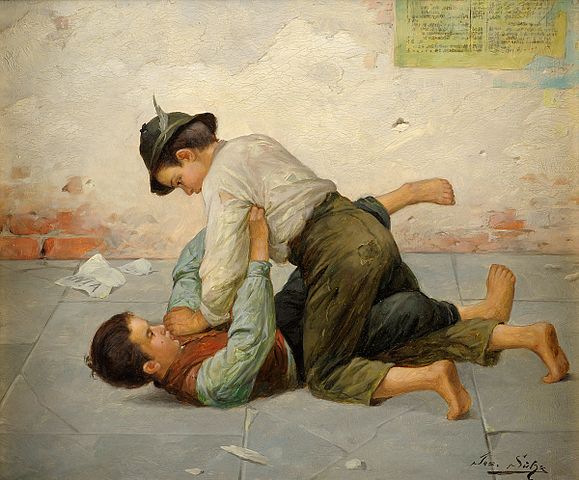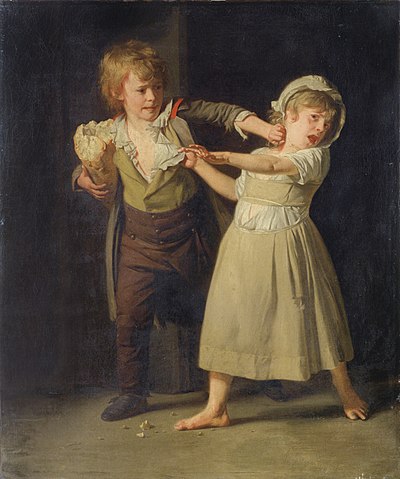
Through the generosity of the late Professor Benedict Anderson and Ajarn Charnvit Kasetsiri, the Thammasat University Library has newly acquired an important book of interest for students of the Faculties of Law, History, Science, Political Science, and Literature. The Verso Book of Dissent is shelved in the Charnvit Kasetsiri Room on the U1 level of the Pridi Banomyong Library, Tha Prachan campus. There is also another copy of the same book shelved in the General Stacks of the Pridi Banomyong Library and a later edition shelved in the General Stacks of the Professor Direk Jayanama Library, Faculty of Political Science, Tha Prachan.
To dissent means to disagree. The word derives from a Latin term meaning to have different feelings. There is an old joke about dissent that if we all had the same opinions, we would all be married to the same woman (or man). So it is natural to disagree about things. In studying laws and societies, the challenge is to see how dissent is expressed. Scientists often disagree about their conclusions. Dr. Jacob Bronowski was a Polish-born British mathematician and historian known for developing a humanistic approach to science. The TU Library owns a number of books by Dr. Bronowski, including his Science and Human Values. In this book, Dr. Bronowski asks:
Has there ever been a society which has died of dissent? Several have died of conformity in our lifetime.
He also comments:
Dissent is the mark of freedom.

TU students at the Faculty of Law are familiar with the term judicial dissent. A dissenting opinion or dissent is an opinion in a legal case written by one or more judges expressing disagreement with the majority opinion. A dissenting opinion is sometimes called a minority report. As all TU students of Comparative Law know, dissenting opinions are not called for in all systems of justice. A dissent is usually written when the majority opinion is. It is not considered as precedent or part of case law. Sometimes if dissents are well founded, they may be referred to years later, if a ruling is overturned. Dissents can help persuade some judges that certain laws should be changed. Dissents tend to result from different interpretations of case law or the facts in a case.
One distinguished member of the United States Supreme Court, Justice William O. Douglas, wrote many influential dissents. Justice Douglas served on the court for over 36 years, the longest service in the history of the U.S. Supreme Court. The TU Library owns a memoir by Justice Douglas, generously donated to the library by Ajarn Adul Wichiencharoen. It is shelved in the Adul Wichiencharoen Room of the Pridi Banomyong Library. Justice Douglas wrote in 1960:
The right to dissent is the only thing that makes life tolerable for a judge of an appellate court… the affairs of government could not be conducted by democratic standards without it.
He also told an interviewer from the New York Times in 1973:
The first opinion the Court ever filed has a dissenting opinion. Dissent is a tradition of this Court… When someone is writing for the Court, he hopes to get eight others to agree with him, so many of the majority opinions are rather stultified.

Another noted American judicial thinker was Judge Learned Hand. Although he was never appointed to the Supreme Court for reasons of historical timing, Judge Hand’s ideas about law and justice are cited more often by legal scholars and by Supreme Court justices than any other lower-court judge. Ajarn Adul Wichiencharoen kindly donated a book with writings by Judge Learned Hand to the TU Library. It is shelved in the Adul Wichiencharoen Room of the Pridi Banomyong Library. There is another copy in the General Stacks of the Puey Ungphakorn Library, Faculty of Economics, Tha Prachan. In 1958, Judge Hand stated during a lecture:
In the end it is worse to suppress dissent than to run the risk of heresy.
Still another important judge in American history was Associate Justice Thurgood Marshall of the Supreme Court. Justice Marshall was the Court’s first African-American justice. He wrote about dissent:
We cannot play ostrich. Democracy just cannot flourish amid fear. Liberty cannot bloom amid hate. Justice cannot take root amid rage. America must get to work. In the chill climate in which we live, we must go against the prevailing wind. We must dissent from the indifference. We must dissent from the apathy. We must dissent from the fear, the hatred and the mistrust. We must dissent from a nation that has buried its head in the sand, waiting in vain for the needs of its poor, its elderly, and its sick to disappear and just blow away. We must dissent from a government that has left its young without jobs, education or hope. We must dissent from the poverty of vision and the absence of moral leadership. We must dissent because America can do better, because America has no choice but to do better.
In our own time, Associate Justice Ruth Bader Ginsburg of the Supreme Court has become well known for her dissents, which have been noted by legal scholars. In 2011 Justice Ginsburg published an article for the Minnesota Law Review about The Role of Dissenting Opinions. She acknowledges that in some countries, dissenting opinions in court cases might not be appropriate:
What is right for one system and society may not be right for another.
However, she adds that it is possible for people who disagree with one another to get along in a polite, and even friendly, way:
On the utility of dissenting opinions, I will mention first their in-house impact. My experience teaches that there is nothing better than an impressive dissent to lead the author of the majority opinion to refine and clarify her initial circulation… Sometimes a dissent is written, then buried by its author. An entire volume is devoted to the unpublished separate opinions of Justice Louis Dembitz Brandeis… Are there lasting rifts sparked by sharply worded dissents? Justice Scalia spoke to that question nicely. He said: “I doubt whether any two [J]ustices have dissented from one another’s opinions any more regularly, or any more sharply, than did my former colleague Justice William Brennan and I. I always considered him, however, one of my best friends on the Court, and I think that feeling was reciprocated.” The same might be said today about my friendship with Justice Scalia. Describing the external impact of dissenting opinions, Chief Justice Hughes famously said: “A dissent in a Court of last resort is an appeal . . . to the intelligence of a future day, when a later decision may possibly correct the error into which the dissenting judge believes the court to have been betrayed.”

(All images courtesy of Wikimedia Commons)
